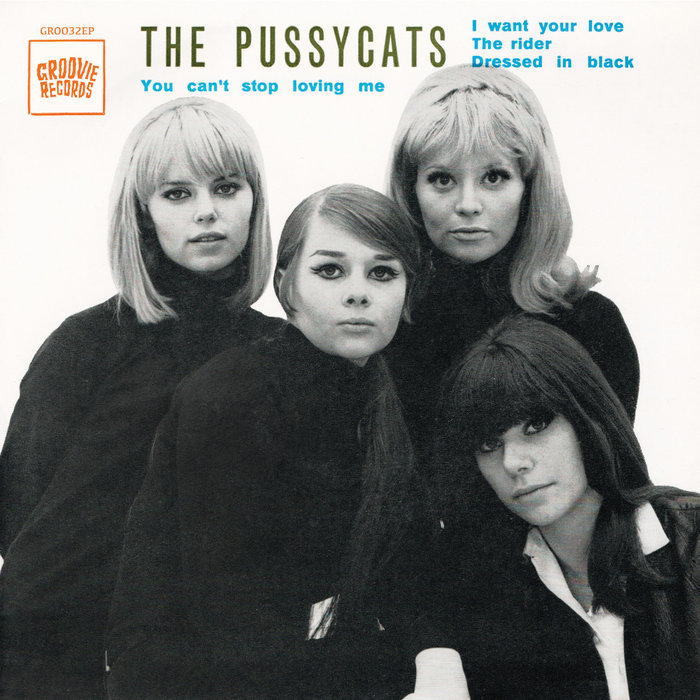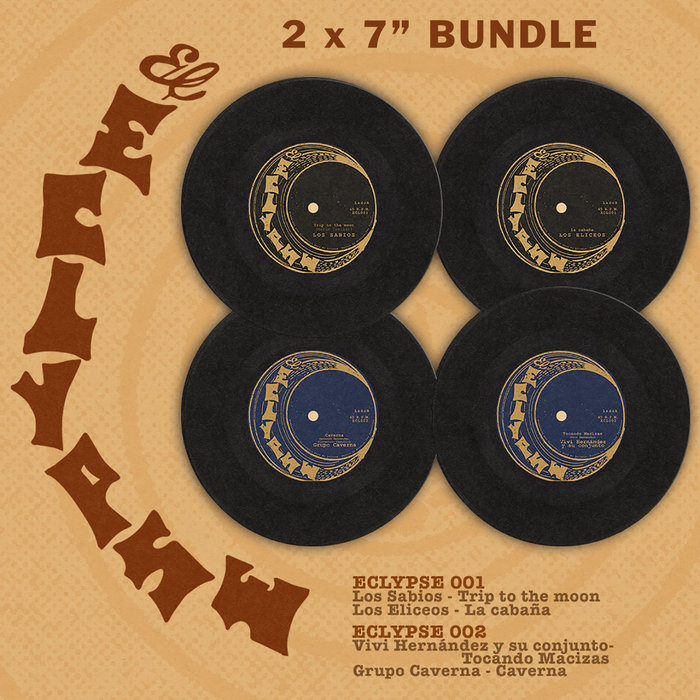
I Want Your Love – THE PUSSYCATS
this blog is GROOVY – check out great Soul, Funk, Jazz, Hip Hop, Bass, Breaks , Reggae, House n many more TUNES
Ah, the 1960s! A decade jam-packed with cultural upheaval, vibrant youth movements, and an explosion of new sounds. Among the creaky doors of this musical revolution was a little gem that brightened up the streets of Portugal: Garage Fuzz. This fascinating genre combined raw energy, distorted guitars, and a sprinkle of rebellion to create something utterly unique.
Garage rock kicked off in the United States around the early 1960s. Bands like The Sonics and The Shadows of Knight were pumping out tunes that dripped with attitude and grit. Their music reflected young people’s frustrations—think wild parties, teenage angst, and maybe even some sneaky trips past curfew!
As records made their way across the Atlantic Ocean to Portugal, they sparked inspiration among local musicians eager to shake things up in their conservative society. While bands were playing soccer on cobblestone streets by day, at night they would transform into fuzzed-out warriors armed only with electric guitars and a desire for freedom.
One standout name from this fuzzy landscape is Os Pão Quente, which translates humorously as “The Hot Breads”. Formed in Lisbon in 1965, they boiled over with energy that could have practically set fire to their amplifiers! Their sound was unmistakable: grinding guitar riffs layered over catchy melodies that had everyone tapping their feet.
A funny anecdote? During one wild performance at a local club known for its eclectic vibe (and perhaps questionable hygiene), lead guitarist José “Zé” Ferreira famously lost his shoe while jamming onstage. Instead of stopping or flinching at losing his footwear mid-performance—he kicked off his other shoe too! He finished out the set rocking barefoot; talk about commitment!
Now let’s not forget about Emulença, another gang emerging from this garage wave but with an intriguing twist! They took traditional Portuguese folk melodies and spiced them up an unexpected notch—mixing them right into that fuzzy stew we’ve come to love.
With catchy lyrics about everyday life paired alongside funky guitar distortions—sounds great right? One memorable incident came during Carnival when they decided it would be hilarious (and possibly bold) to perform “Fado” songs while wearing Hawaiian shirts instead of traditional garb. Some diehard fans weren’t amused; however others couldn’t stop laughing—the spirit undoubtedly captured both old traditions AND rebellious youth!
Like any good cocktail mixology session you can think about—the influence didn’t stop there! Borrowing from British Invasion bands like The Beatles and Rolling Stones meant these musicians played around mixing jangly pop hooks with gritty garage sensibilities until pure magic was achieved.
Meanwhile albums by American punk-rock luminaries such as MC5 also struck chords deep within creative souls across Portugal—a powerful combination indeed as rebels roamed free through booming amps blasting irresistible beats into balmy nights filled with dreams everywhere!
So who could resist picking up instruments themselves?
Sérgio Godinho – Before becoming famous for profound songwriting prowess later in life; he initially couldn’t play any instrument properly—but decided everyone should call him ‘the great maestro’. Talk about confidence!
Lotsa band members used mop heads as makeshift wigs during performances because well… why not? Just imagine seeing sweaty mops bouncing along side classic fuzzes!
3- There existed competitions where different clubs pitted their best fuzz bands against each other—with judges sometimes getting tipsy on stage sounding more enthusiastic than articulate…and completely misinterpreting scores based simply upon which act possessed funnier guitar faces.
4- Many rockers experimented away using homemade pedals built from random junk bought cheap—from parts scavenged after hours spent roaming flea markets promising creativity knows no bounds!
Though time marches forward relentlessly like an unstoppable train—we still hear echoes resonating throughout cities today where those distinctively fuzzy tones remain fresh amongst modern genres redefined by youthful spirits carrying forth traditions laid down decades ago…but driven forth thanks lives spent entirely focused on one love alone…that sweet sweet sound called music born amidst joyous chaos found lounging somewhere along damp basements filled laughter alongside awkward dance moves intended spark genuine joy shared between friends celebrating youth without limits!!
From cool retro vinyl spins straight onto playlists gracing festival line-up stages here Europe-wide—you’ll catch hints framework pioneering inventive waves forming often muddy paths illuminating greatness birthed far concluded days just shining reminders tell stories survive well-beyond original moments passing all times referring back sounds rocked hearts forevermore tied together groove beyond borders boundaries don’t matter clearly defines roots everlastingly intricate tapestry defined beautifully spilling lovely notes unravel unseen fibers real journeys taken making history atop brilliant layers experiences lived via those unforgettable rides led each moment hitting strings echo beyond earshot ultimately imbued within memories needing generations continue traveling strong vibes leading continues passionately reverberate future bringing brightness enliven hearty hopes flowing alive once again!! 🎸💥🎶

I Want Your Love – THE PUSSYCATS

Los Eliceos-La Cabana – EL ECLYPSE 2 X 7" BUNDLE